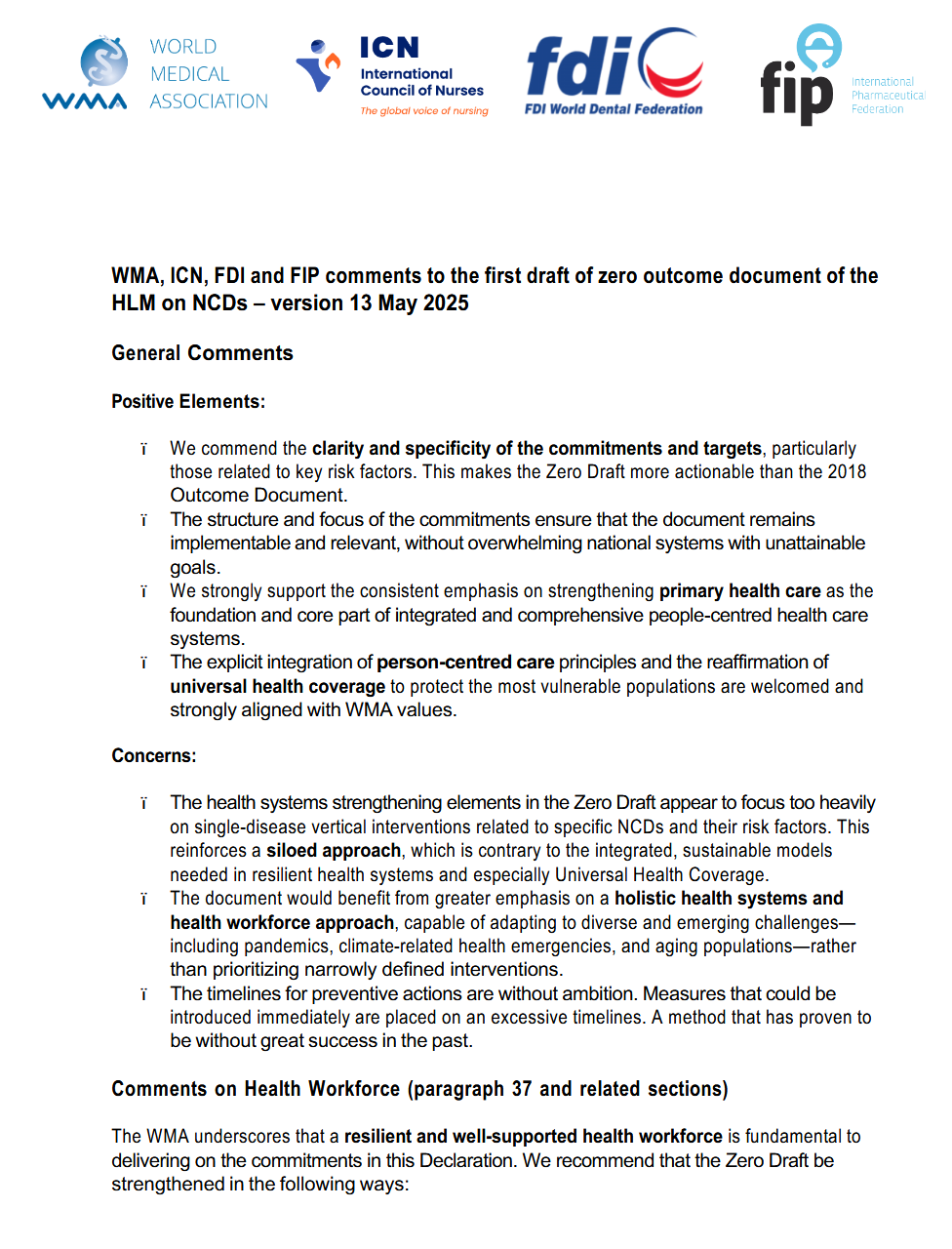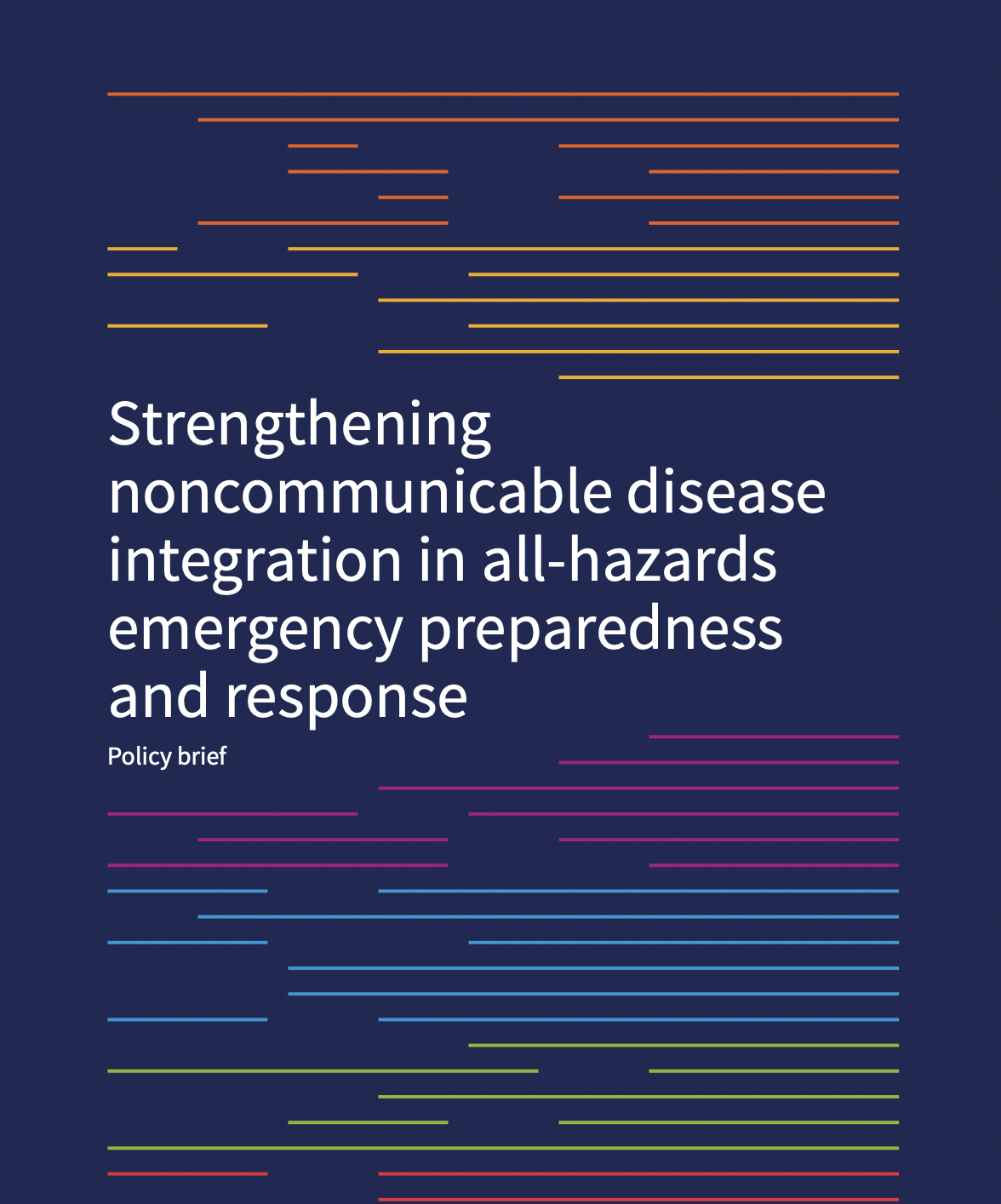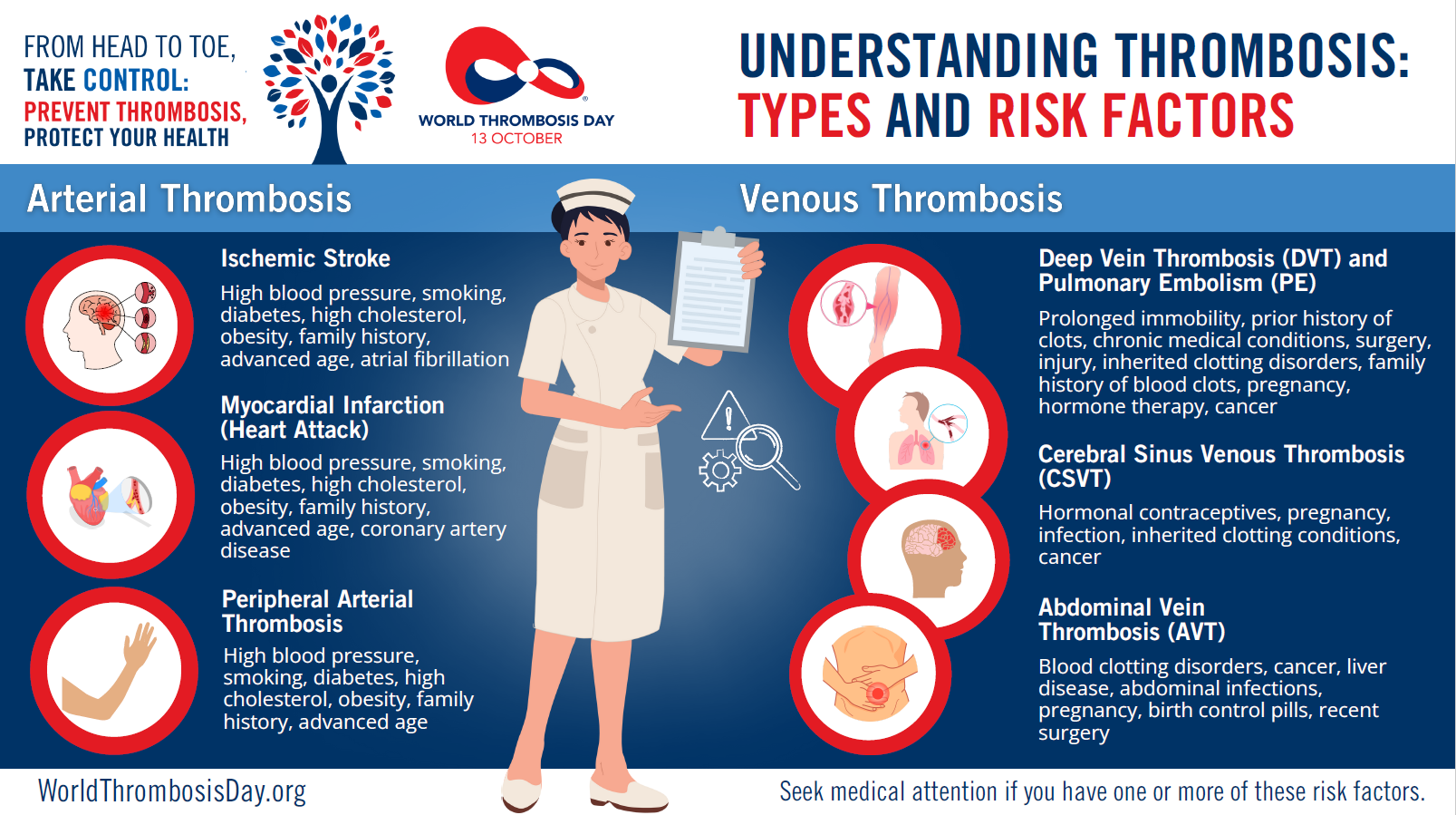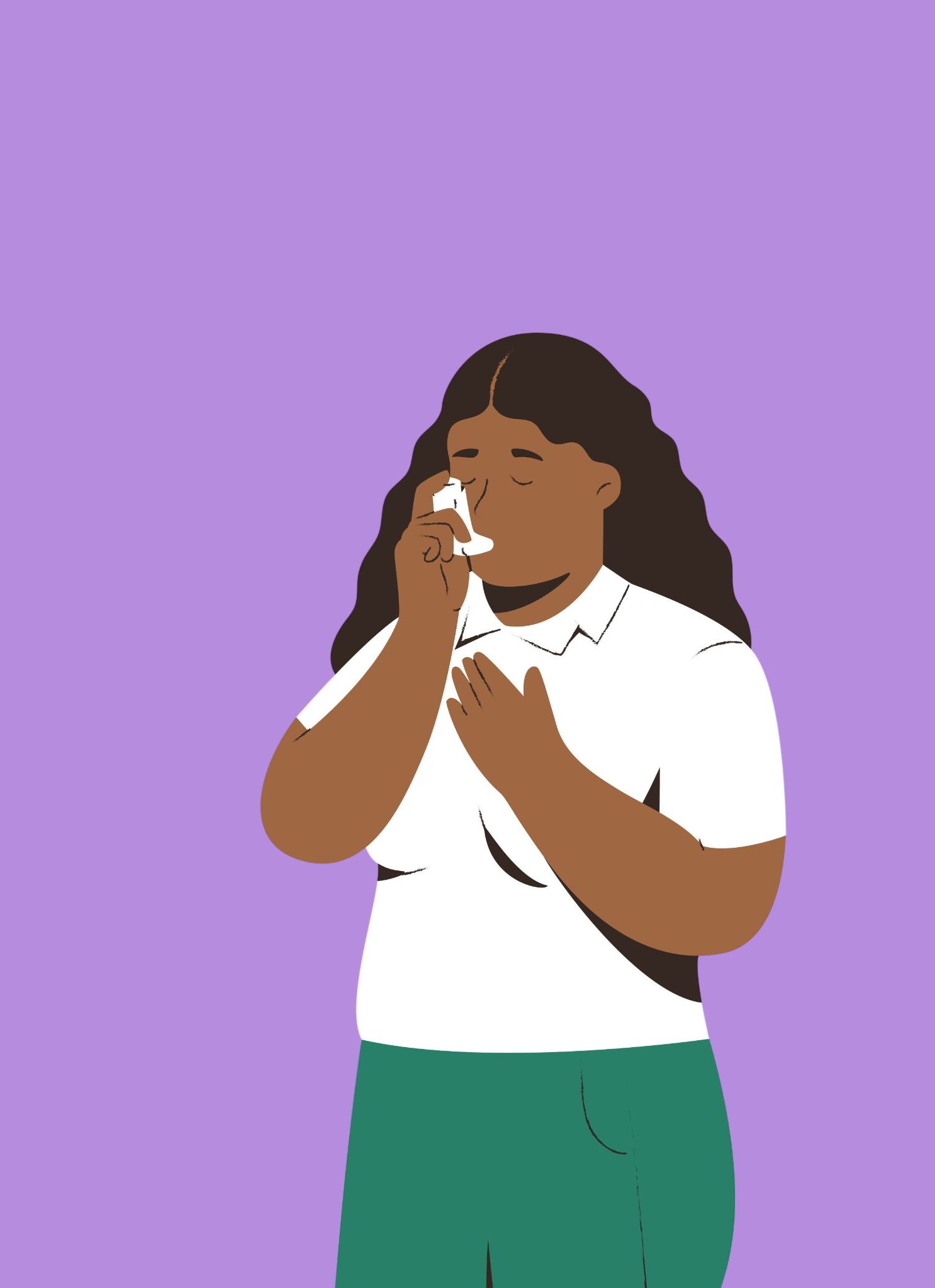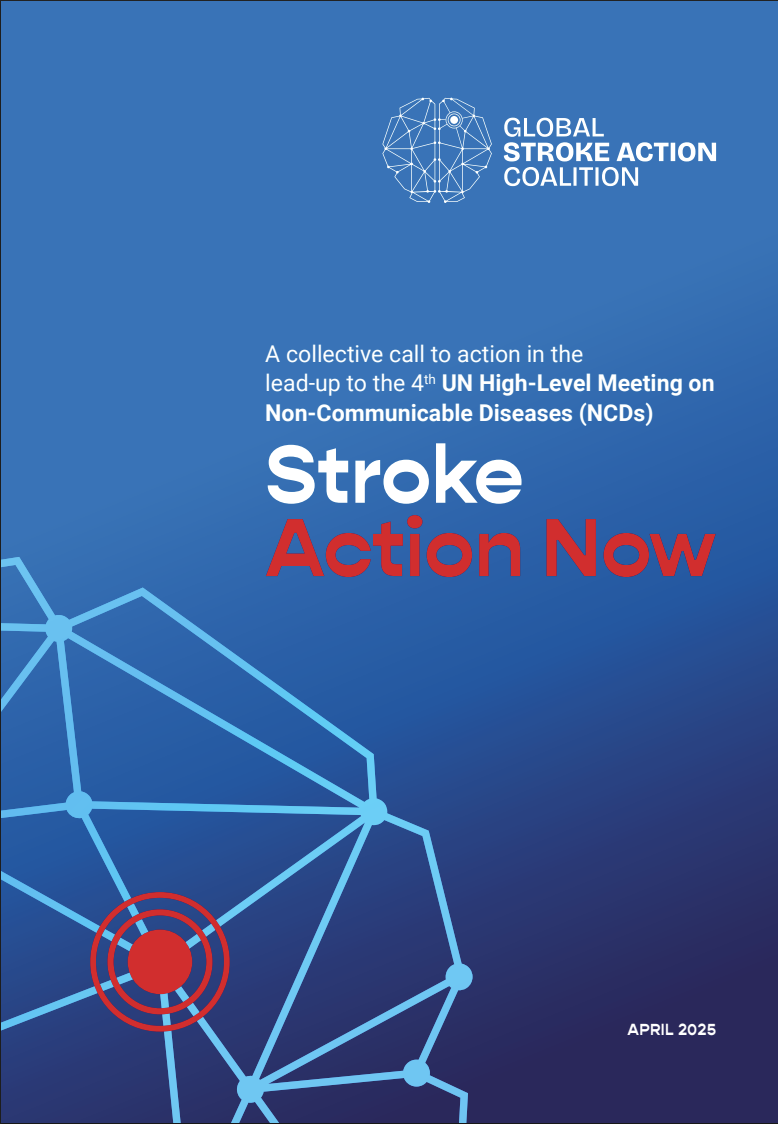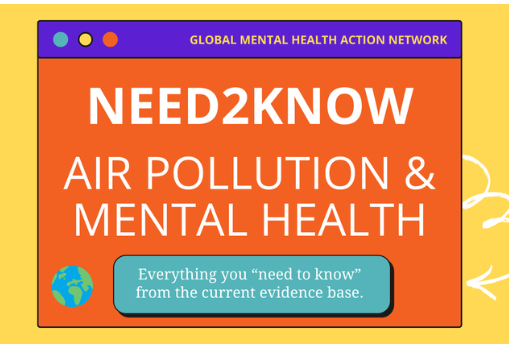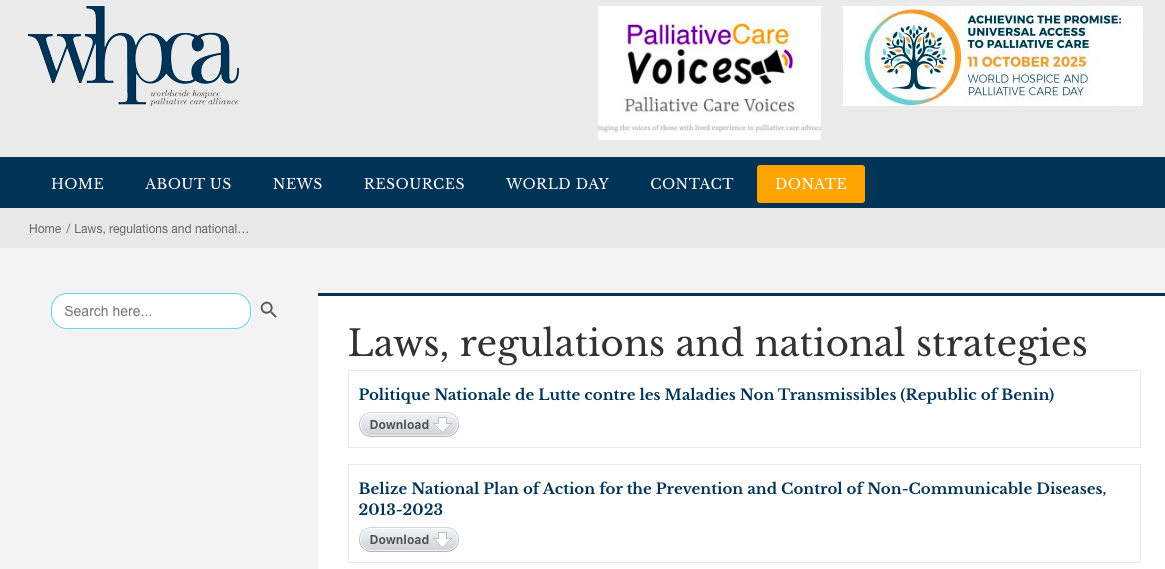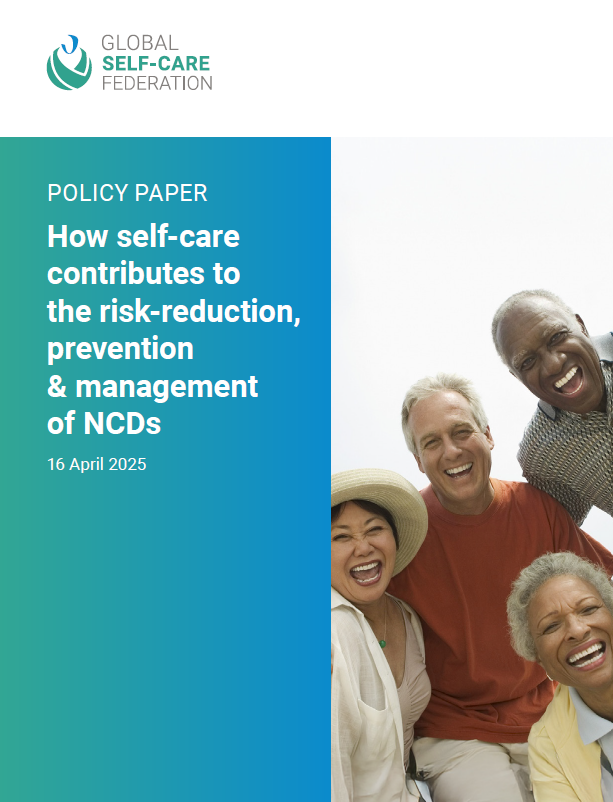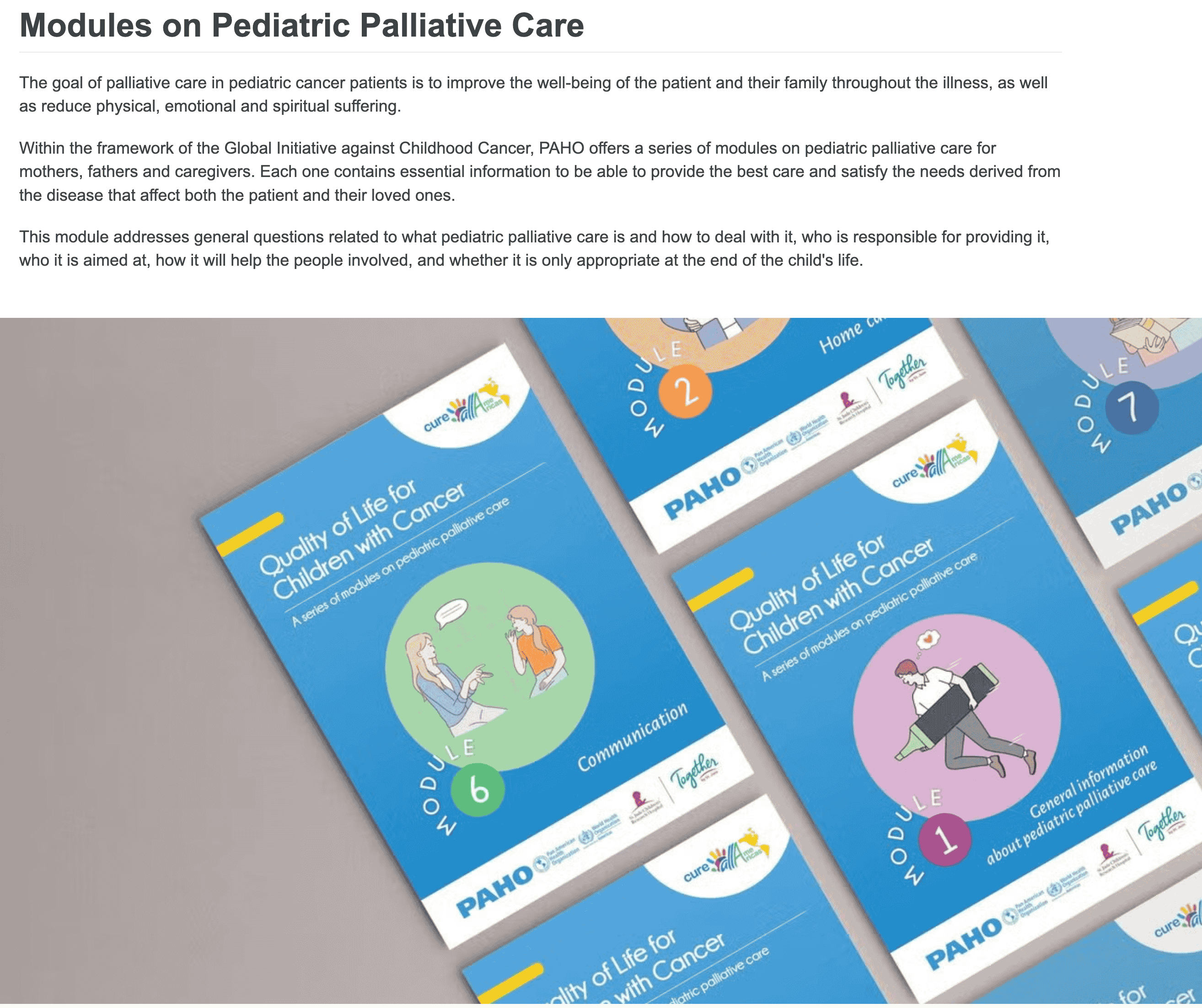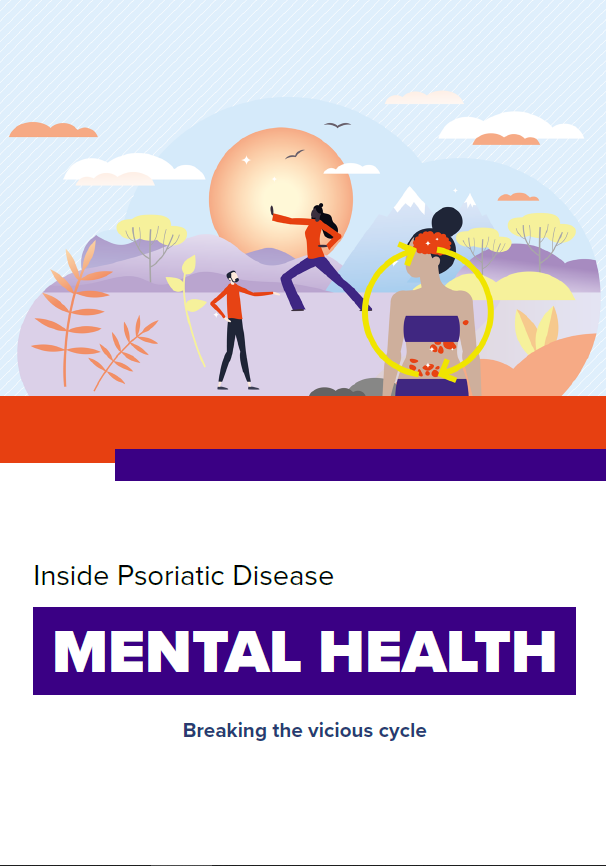World Medical Association
WMA ICN FIP FDI's comment to the first draft of zero outcome document of the HLM4 on NCD
Briefs & Fact Sheets
13 May 2025
Comment to the first draft of zero outcome document of the HLM on NCD – version 13.5.2025 General CommentsPositive Elements:We commend the clarity and specificity of the commitments and targets, particularly those related to key risk factors....

